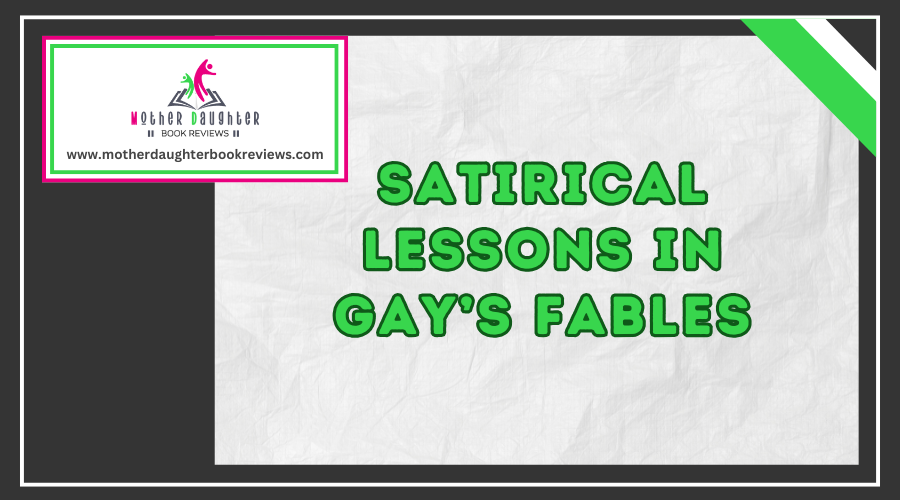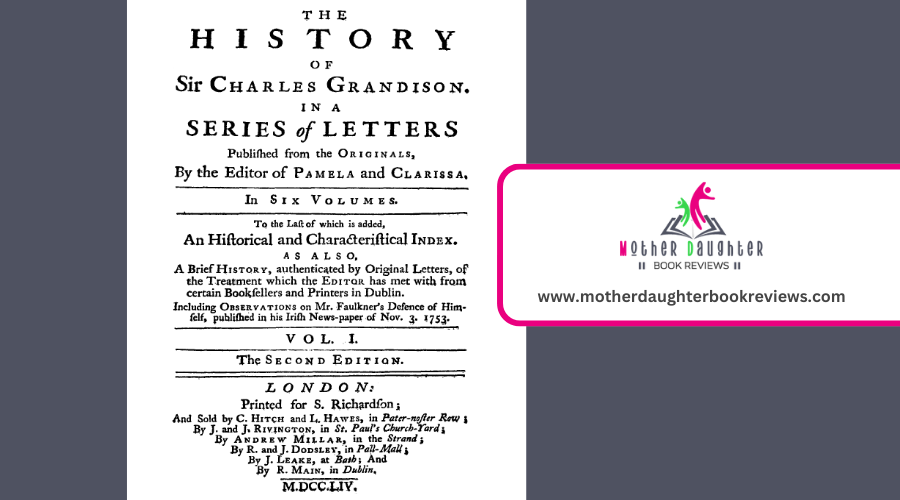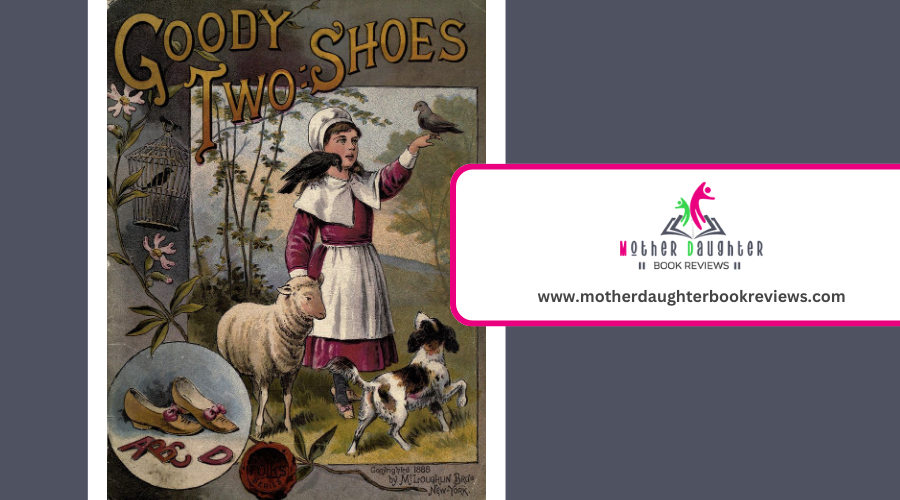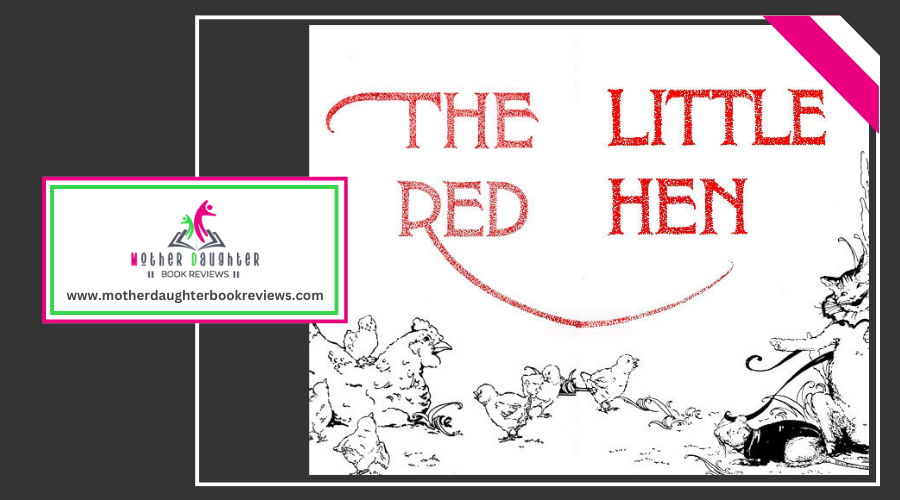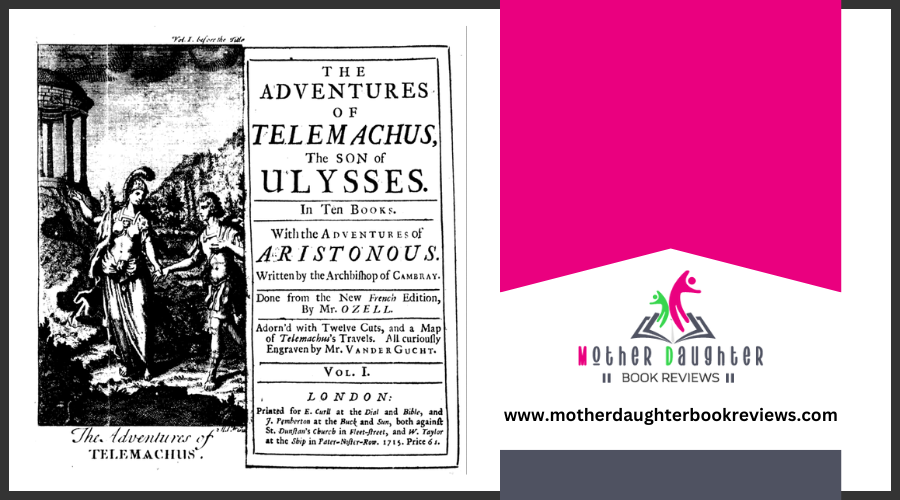In Gay's Fables, a classic collection of satirical tales, John Gay masterfully weaves together humor and moral lessons, offering readers a sharp commentary on human behavior and society. This book review explores how Gay uses animals and allegory to address timeless issues like greed, hypocrisy, and vanity, all while entertaining readers with witty and engaging stories. Through clever satire, Gay's Fables not only teaches valuable life lessons but also encourages readers to reflect on their own actions and the world around them.
In John Gay's timeless fables, you're transported to a world where animals embody human traits, delivering witty and moral lessons. You'll meet cunning foxes teaching the dangers of vanity, wise owls valuing knowledge, and diligent ants showing hard work's rewards. Gay emphasizes cleverness over brute strength, honesty over deceit, and critiques social norms with humor and satire. These 18th-century tales remain relevant, encouraging reflection on integrity, community, and resilience.
The Timeless Appeal of Gay's Fables
Since their creation in the 18th century, John Gay's fables have captivated readers with their wit and wisdom. You'll find that the charm of these fables lies in their clever storytelling and timeless lessons. Gay masterfully blends humor with moral teachings, making his fables both entertaining and educational. One reason Gay's fables endure is their universal themes. He tackles human nature, social norms, and the complexities of life in a way that's both insightful and accessible. You might find yourself reflecting on your own life as you read about the cunning fox or the foolish crow. These characters and their predicaments offer a mirror to our own behaviors and societal issues.Moreover, Gay's use of concise, witty language guarantees that his messages are clear and memorable. You won't get bogged down in lengthy descriptions or convoluted plots. Instead, you'll enjoy the straightforward yet impactful narratives. This simplicity, combined with his sharp observations, makes Gay's fables a delightful read that continues to resonate with audiences of all generations.Wisdom Through Animal Characters
Often, John Gay's fables use animal characters to deliver profound wisdom in a way that's both engaging and relatable. By anthropomorphizing animals, Gay allows you to see human traits reflected in creatures, making the lessons more memorable. The simplicity of animals' behaviors highlights deeper truths about human nature and society.Imagine these scenes:- A cunning fox outsmarts a boastful crow, teaching you the perils of vanity.
- A wise owl dispenses advice to a group of naive animals, showing the value of experience and knowledge.
- A diligent ant works tirelessly while a lazy grasshopper sings away the summer, illustrating the importance of hard work and preparation.
- A loyal dog defends its master against threats, emphasizing the virtues of loyalty and protection.
Each animal embodies specific traits that make the moral clear and impactful. You don't just hear about the foolishness of vanity; you see it when the crow loses its cheese. By using animals, Gay creates timeless and universal lessons that transcend time and culture. You're not just reading a story; you're absorbing wisdom that's cleverly wrapped in engaging narratives.The Power of Cleverness
The animal characters in John Gay's fables don't just teach about virtues; they also illustrate the sheer power of cleverness. When you explore these tales, you'll see that wit and intelligence often triumph over brute strength or sheer luck. Consider the story of "The Fox and the Crow." The fox, using only his cunning, manages to trick the crow into dropping her piece of cheese. This tale shows you that sharp thinking can achieve what brute force cannot.In "The Hare and Many Friends," the hare relies on its friendships, but it's his quick thinking that ultimately saves him. The fables highlight how crucial it is to stay sharp and think on your feet. You're reminded that cleverness isn't just about solving problems; it's also about anticipating them and acting swiftly.John Gay's fables emphasize that possessing a keen mind and the ability to think strategically are invaluable traits. You'll find that these stories encourage you to value intelligence and wit, teaching you that cleverness can often be your best ally in overcoming life's challenges. So, always stay sharp and trust in your cleverness.Lessons in Honesty and Deceit
When you engage yourself in John Gay's fables, you quickly notice that lessons in honesty and deceit are woven throughout the narratives. The characters often find themselves in situations where their honesty is tested, and the consequences of deceit are starkly illustrated. Gay doesn't shy away from showing how a lack of integrity can lead to downfall.Consider these vivid examples:- The Fox and the Grapes: A fox, unable to reach a bunch of grapes, deceives himself by declaring them sour. Here, Gay highlights self-deception as a form of dishonesty that prevents personal growth.
- The Vain Jackdaw: A jackdaw, envious of a peacock's feathers, adorns himself with borrowed plumes. When his deceit is uncovered, he's ridiculed, showing that pretending to be something you're not leads to embarrassment.
- The Farmer and the Stork: A stork caught in a farmer's net with other birds pleads innocence, but the farmer, not distinguishing between the honest and deceitful, punishes all. This tale warns that deceitful company can tarnish even the honest.
- The Two Pots: A clay pot and an iron pot float downriver together. The iron pot's deceitful promise of safety leads to the clay pot's destruction, underscoring how trusting deceit can be dangerous.
In these stories, Gay masterfully paints the pitfalls of deceit and the value of honesty.
Social Critique in Fable Form
Through his fables, John Gay doesn't just entertain; he also critiques the social norms and behaviors of his time. You'll find that his tales often feature characters who embody the flaws and excesses of society. By presenting these characters as animals, Gay cleverly highlights human vices and follies without directly offending his audience.
For example, in "The Hare and Many Friends," Gay exposes the superficiality of social bonds. The hare believes he has numerous friends, but when danger strikes, they all abandon him. This fable critiques the shallow nature of social relationships, suggesting that people often profess friendship but fail to act when it truly matters.
Another pointed critique appears in "The Court of Death," where several animals vie for power after the lion's demise. The ensuing chaos illustrates the corrupting influence of ambition and the fragility of political stability. Through this fable, Gay comments on the instability and self-serving nature of political figures in his own society.
Virtues and Vices Explored
Exploring virtues and vices, John Gay's fables probe deeply into the moral fabric of human nature. You find yourself engulfed in tales that highlight both noble qualities and human flaws. Gay's fables don't just entertain; they serve as moral compasses, guiding you through life's ethical quandaries.
In these stories, you encounter:
- Greed: Characters driven by insatiable desires often face dire consequences, illustrating the perils of prioritizing material wealth over integrity.
- Honesty: Truthful characters tend to emerge victorious, showing you the value of honesty and the trust it fosters in relationships.
- Arrogance: Prideful figures usually meet humbling ends, teaching you the importance of humility and self-awareness.
- Kindness: Acts of compassion and generosity are rewarded, reinforcing the idea that kindness begets kindness.
The Role of Humor
John Gay's fables brim with humor, serving not just to entertain but to underscore their moral lessons. When you read Gay's work, you're not just chuckling at the witty banter between animals; you're absorbing valuable life lessons. His humor makes the ethical teachings more palatable and memorable. By making you laugh, Gay guarantees the moral sticks with you long after you've finished reading.
Take, for instance, "The Hare and Many Friends." This bedtime story humorously depicts a hare's futile search for help from its so-called friends when danger looms. The humor in the situation highlights the folly of relying on fair-weather friends, searing the moral into your mind more effectively than a dry sermon ever could.
Furthermore, Gay's clever use of irony and satire gives his fables a timeless appeal. You might find yourself laughing at the absurdity of human nature reflected in animal characters while simultaneously confronting your own flaws. This dual engagement—through laughter and introspection—makes the lessons both engaging and impactful.
Modern Relevance of Gay's Messages
Even presently, John Gay's fables resonate with modern readers, offering timeless insights into human behavior and societal norms. These stories, penned in the 18th century, still speak volumes about the human condition, and you'll find their lessons applicable in many facets of contemporary life. Gay's work encourages self-reflection and critical thinking, urging you to examine your actions and their impacts on others.
Consider these modern lessons derived from Gay's fables:
- Integrity Matters: In a world full of misinformation, Gay's emphasis on honesty and integrity is more pertinent than ever. His tales remind you to value truth over deceit.
- Community Over Individualism: Gay's fables often highlight the importance of community and cooperation. In this current individualistic culture, these lessons remind you that collective well-being trumps personal gain.
- The Folly of Greed: With consumerism at an all-time high, Gay's warnings about the dangers of greed offer a vital reminder to seek contentment and avoid excess.
- Resilience in Adversity: His stories show characters overcoming obstacles through wit and perseverance, inspiring you to stay resilient in the face of modern challenges.
Wrapping Up
In conclusion, Gay's Fables is a timeless addition to any collection of grade 4 reading books, offering valuable lessons wrapped in humor and wit. John Gay masterfully uses animal characters to reflect human behaviors, providing young readers with entertaining stories that also teach important virtues like honesty, cleverness, and resilience. These fables encourage critical thinking and self-reflection, making them a perfect choice for fostering both moral development and a love of reading. Even centuries after their creation, the satirical lessons in Gay's Fables continue to resonate, providing wisdom that is as relevant today as it was in the 18th century.
